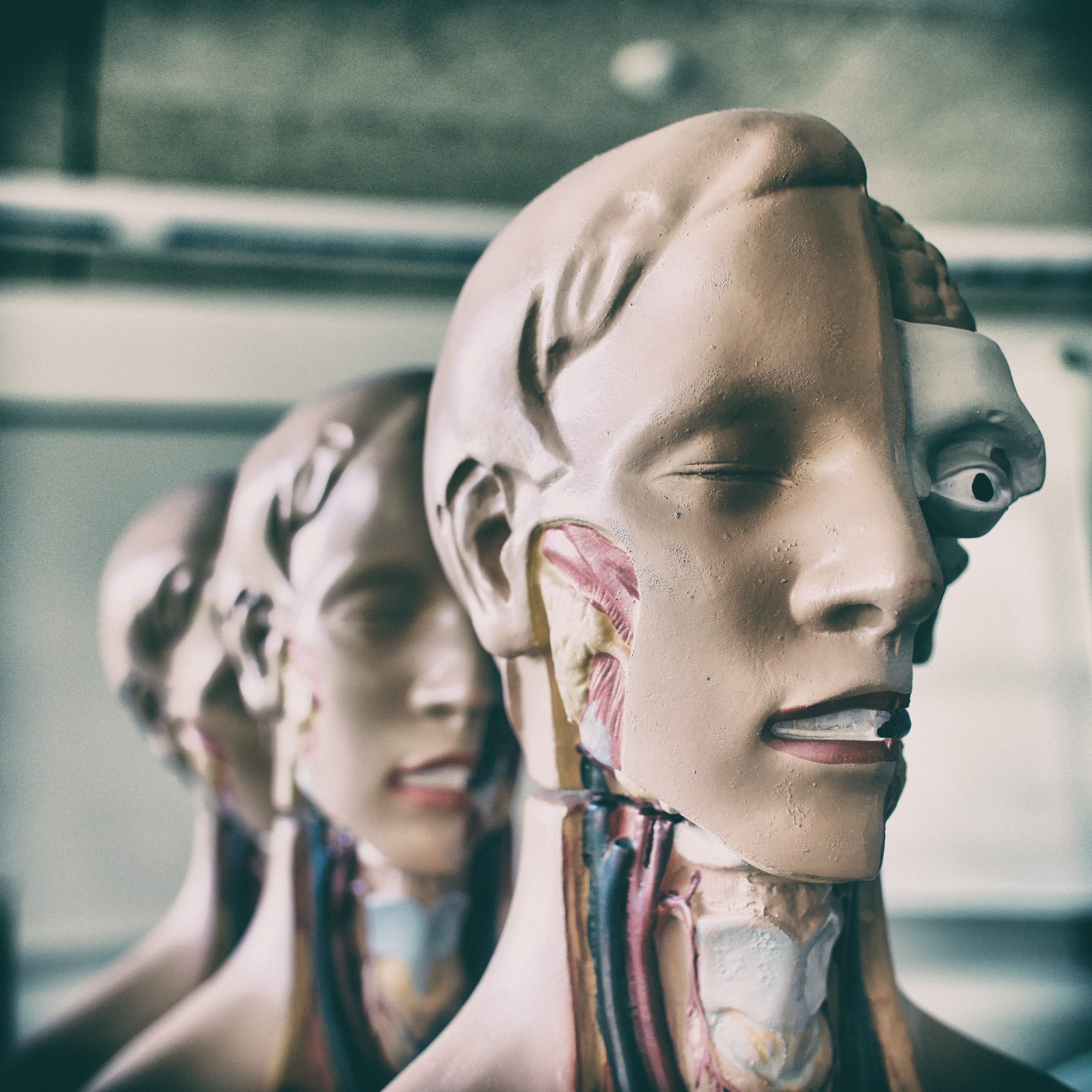High-quality Protein is Your Body's Best Friend
Part II: Different types of proteins
Having spent years increasing my animal protein intake and watching it work magic on my body, I’ve delved deeply into understanding how and why, and the diversity of bodily functions that either rely upon or are made of protein blows my mind! Our bodies contain many different types of proteins, and they all serve important roles in our growth, development, and daily functioning.
Here are some examples:
- Enzymes are proteins that enable biochemical reactions; e.g., pepsin is a digestive enzyme in the stomach that helps break down proteins in food. (1)
- DNA-associated proteins (like histones and cohesin) regulate chromosome structure during cell division and/or help regulate gene expression. (2)
- Protein hormones are long amino acid chains that coordinate bodily functions; e.g., insulin is a protein hormone that controls blood sugar concentration by regulating cellular uptake of glucose. (3)
- Antibodies are proteins the immune system produces to help remove foreign materials and combat infections. (4)
- Transport proteins move molecules around our bodies; e.g., hemoglobin is a transport protein that moves oxygen through the blood. (5)
- Contractile proteins help with muscle contraction and movement; e.g., actin and myosin are crucial for generating cellular force and movement. (6)
- Structural proteins give our bodies support; e.g., the collagen and elastin in our connective tissues keep our joints in place and strong throughout life. (7)

Amino acids truly ARE the building blocks of human life!
Protein in Action
How does protein influence our body and day-to-day life, especially as we age? Generally, the work of protein is most obvious when we do strength training at the gym each day and watch our muscles grow and get stronger. That’s great and inspiring, but protein synthesis also plays out more subtly beneath the surface in ways that are relevant to every cognitive and physiological function we have throughout the day!
-
Growth and maintenance
Our bodies are constantly clearing out old cells to make way for new, young, healthy ones. This is a good thing! It’s normal and healthy to have constant cell turnover, and the body requires a constant supply of protein to create new cells and repair damaged ones. The amount of protein we break down also varies. For example, if we start working out to convert fat into muscle or are healing from major or minor injury or illness, we’re going to need more protein than when we’re more sedentary and injury-free, in order to keep up with the body’s demands. (Optimal protein amounts are covered in Part IV.) However, without enough protein to replace old cells, cell turnover slows down and can result in premature aging, poor recovery, recurring injury, or even cancer. (8)
-
Biochemical reactivity
Proteins make up the enzymes our bodies use for thousands of different biochemical reactions to occur, both inside and outside of our cells. For example, we’ve all heard that different foods require different enzymes to be broken down and transferred into the bloodstream, but fewer of us realize that those enzymes are actually made of proteins. Enzymes are also crucial players in our cells’ production of ATP, the body’s main energy source, which is critical for our metabolism and muscle contractions (fine and gross motor skills). (9) Normally, we take these processes for granted unless we become sick or injured, but they all require specific enzymes—proteins—to work.
-
Hormonal messaging
Proteins also act as hormonal messengers, aiding cellular communication between our tissues and organs. (10) Think of the hormones involved in sex, sleep and wakefulness cycles, hunger and satiety, blood sugar regulation, and women’s monthly cycles. Proteins play roles in ALL of these endocrine communication pathways and biochemical processes. If we know anything about the endocrine system, it’s that it’s complex AF and affects every aspect of who we are and how well our bodies can help us be the best versions of ourselves. So, let this sink in: protein is a critical part of the endocrine system, and this has far-reaching implications for our dietary needs.

-
Cellular structural support
Protein plays an important role in keeping certain cells strong, rigid, and elastic, depending on where in the body they’re needed. (11) For instance, the protein in our heart and lungs has to be flexible so the organs can continually contract or expand and relax involuntarily throughout the day and night. But the protein that keeps our joints and connective tissues intact is more rigid than the protein in our organs, and it is less elastic than the protein (collagen) that keeps our skin supple and hair thick. The next time you think of the many anti-aging skin products that sell for millions annually to help women stay youthful, think instead of getting adequate daily collagen through foods like bone broth and meat on the bone.
-
Fluid balance
Proteins help regulate our body’s fluid balance by attracting and retaining the water required for systems to run smoothly. However, inadequate dietary protein can throw off our fluid balance, resulting in too much water, which leads to edema and swelling. (12) We often associate excess swelling with salt or carbohydrates, but protein plays an underappreciated role in keeping our blood fluid levels regulated. Nevertheless, undereating protein makes us more likely to eat more carbohydrates, which compounds water retention by getting the body to store more fluid in the tissues. If our gut begins to bloat on a low-protein diet or we become puffier over time on a higher carbohydrate diet, fluid imbalance from too little protein may be partially responsible.
-
Immune support
A major role of the immune system is to create antibodies that protect us against viruses and bacteria. Once they’ve encountered particular viruses or types of bacteria, our immune cells create a protective force against the invaders, forever remembering them in the future. This protective force includes antibodies, which are blood proteins responsible for keeping future viruses from entering our cells. (13, 14, 15) Without adequate dietary protein, the body becomes deficient in the raw material needed to create antibodies, and we become vulnerable to both new and old harmful viruses and bacteria. Do you know anyone who gets the flu every year or even several times a year? Their immune system may lack the protein it needs to create the antibodies that keep the flu virus at bay.
-
pH maintenance
The pH of blood is strictly regulated and must stay at about 7.4 at all times. One way the body keeps its blood pH stable is by relying on hemoglobin, a protein in red blood cells that binds with acids in the blood to keep the pH slightly basic. (16, 17) Although organ systems such as the gut and bladder are set at different pH levels and can more easily withstand local pH fluctuations, the blood pH must stay constant in order for everything else in the body to operate smoothly. Without enough dietary protein to make hemoglobin, we risk developing one of the more serious conditions associated with disrupted blood pH: acidosis.

Eggs are an excellent choice of protein for those not open to eating meat.
In summary, dietary protein provides the raw materials for a long list of functions that allow us to live and thrive. Generally, the higher-quality and more bioavailable our dietary protein, the more easily our cells can generate the proteins they need to operate under both calm and stressful conditions. Given how stressful life can be, doesn’t it make sense to keep our bodies supplied with the best protein we can get?
In Part III of High-Quality Protein is Your Body’s Best Friend, we’ll investigate and debunk pervasive myths about protein. Then we’ll dive into caveats to consider when deciding whether to increase animal protein in your diet. Part III is available now, here.





